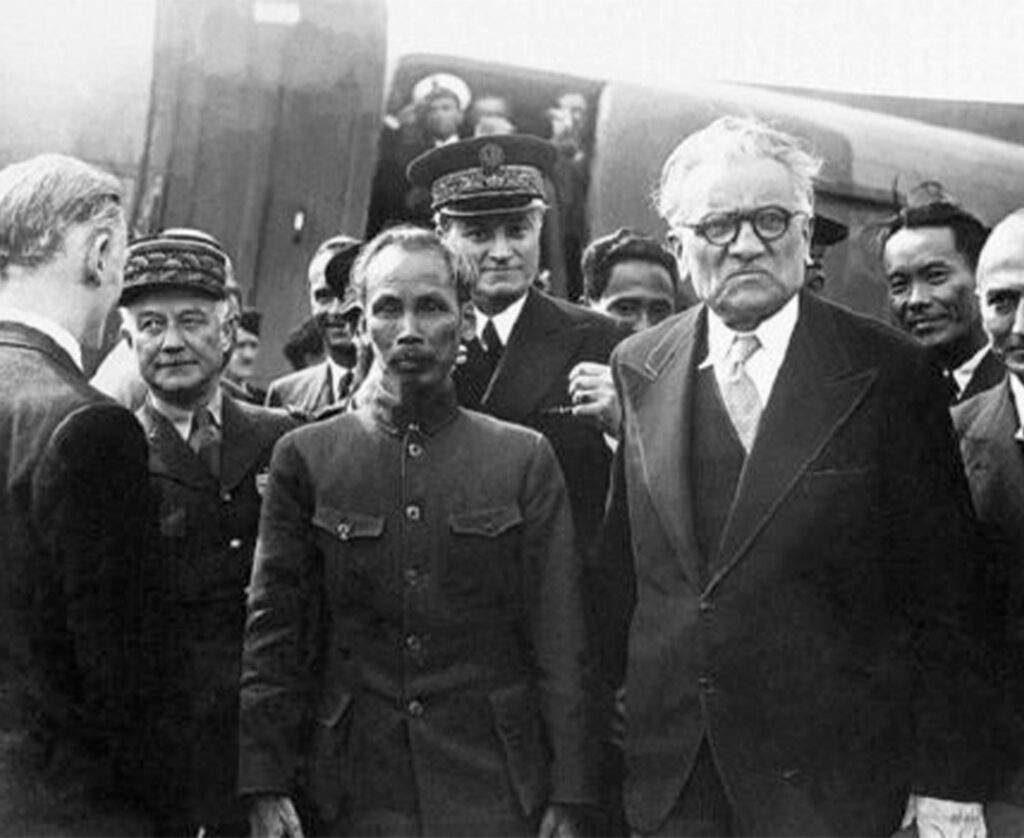Ho Chi Minh (1890–1969), born Nguyễn Sinh Cung, was a transformative revolutionary and political leader who shaped the course of Vietnam’s modern history. His contributions to the Vietnamese independence movement and the global communist movement solidified his legacy as one of the 20th century’s most influential leaders.
Ho Chi Minh’s early life was marked by a deep opposition to French colonial rule in Vietnam. After traveling abroad for many years, including stints in Europe and the United States, he became involved in socialist and communist movements. He was deeply influenced by Marxist-Leninist ideologies and played a key role in founding the Communist Party of Vietnam in 1930.
During World War II, Ho Chi Minh led the Viet Minh, a coalition of nationalist groups determined to achieve Vietnamese independence from both the Japanese and the French colonial rulers. Following Japan’s defeat, Ho declared Vietnam’s independence in 1945. However, France sought to reassert control, leading to the First Indochina War, which ended in 1954 with the Viet Minh’s victory at Dien Bien Phu and the Geneva Accords, splitting Vietnam into North and South.

Ho Chi Minh became the President of North Vietnam, focusing on building a socialist state and preparing for the reunification of the country. His leadership was central during the Vietnam War (1955–1975), where North Vietnam fought against the U.S.-backed South Vietnam in a conflict that became a flashpoint of the Cold War.
Though Ho Chi Minh died in 1969, his vision for a unified communist Vietnam was realized six years later, in 1975, with the fall of Saigon. Revered as “Uncle Ho,” his legacy endures in Vietnam, where he is considered the father of the nation and a symbol of resilience against imperialism. His influence extends beyond Vietnam, inspiring independence movements across Asia and Africa during the post-colonial era.
Ho Chi Minh Revolutionary Leader Who Redefined Vietnam
Not just a character in the past, Ho Chi Minh is a sign of the persistent fight of Vietnam against the oppressor and the right to make its own decisions. Nguyen Sinh Cung was his real name, born in 1890, and he was a man who gathered knowledge, networked, and strategized for a very long time before actually becoming the leader of a revolt that would alter the destinies of the entire Southeast Asia.
Ho Chi Minh through his peculiar combination of radicalism, iron will, and tact, managed to bring together a country torn apart by differences of opinion and guided Vietnam through its darkest days and yet the most impressive ones.



